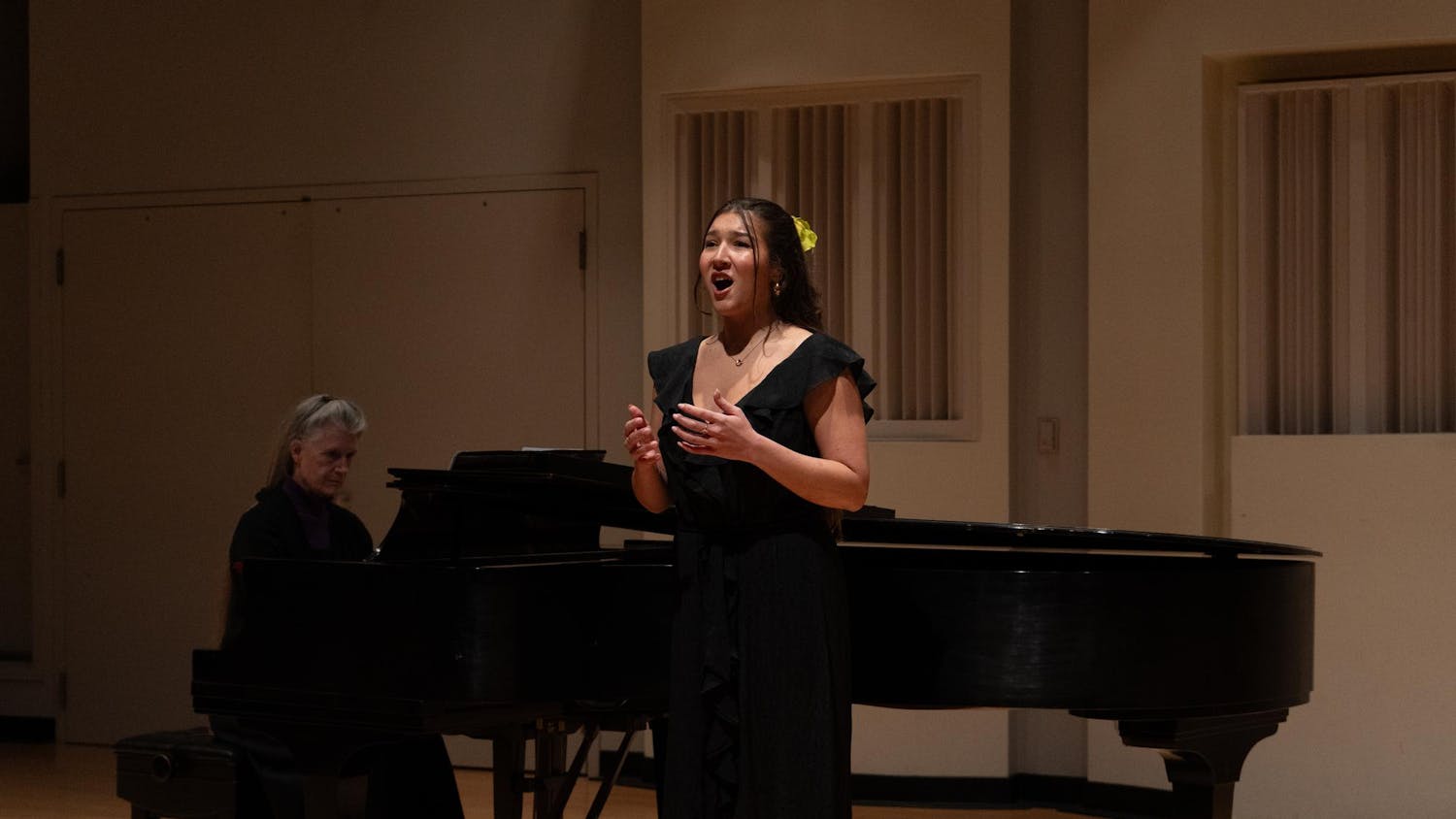Editor's Note: UF Supreme Court Chief Justice Brian Aungst was not contacted for this story.
The UF student group fighting for online voting in Student Government elections filed a lawsuit against UF on Friday after the UF Supreme Court ruled that an online voting amendment was unconstitutional earlier this month.
The lawsuit, filed against SG, the UF Supreme Court and UF President Bernie Machen, states that the court doesn't have the power to declare acts unconstitutional under the U.S. and Florida constitution. It can only check an amendment's compliance with the Student Body Constitution, the suit states.
Steve Orlando, UF's spokesman, said the lawsuit had not been officially served to UF by press time, and he couldn't comment yet.
Earlier this semester, members of Students for Online Voting, known as SOLVe, collected signatures from 10 percent of UF's student body petitioning for an online SG voting amendment on the spring election ballot Tuesday and Wednesday.
The UF Supreme Court ruled such an amendment unconstitutional on Feb. 12 because members said online voting would encourage voter coercion, and SOLVe appealed to Patricia Telles-Irvin, vice president for UF student affairs, on Feb. 13.
In a statement e-mailed to both parties Friday morning, Telles-Irvin wrote that she would form a committee to review online voting.
She added that the UF Supreme Court has the final word on interpreting Student Body law, including the constitutionality of an online voting amendment.
Sam Miorelli, SOLVe's executive director, said the response wasn't good enough. Telles-Irvin could have overruled the ruling, Miorelli said, and SOLVe had no choice but legal action.
"It's a little bit surreal," said Tommy Jardon, SOLVe president. "We obviously preferred it never get to this point."
Jardon said if SOLVe's case is not heard today, SG elections should be delayed until the issue is resolved. Sarah Krantz, SG supervisor of elections, said if UF administrators approved, postponing SG elections would be possible.
Kevin Reilly, Student Senate president, said as an SG officer he couldn't comment. Brian Aungst, the court's chief justice, also declined to comment.
Jardon said online voting has been controversial since he was part of the first SG committee to investigate its practicality in the summer of 2004. In spring 2005, students collected enough petition signatures to submit the option for online voting, but it never made it on the ballot.
Students got a partial solution when computers replaced paper ballots in elections for fall 2005 and spring 2006, he said. But with long lines and high costs for poll workers, it wasn't enough, he said.
In 2006, the student court also found online voting to be unconstitutional.





